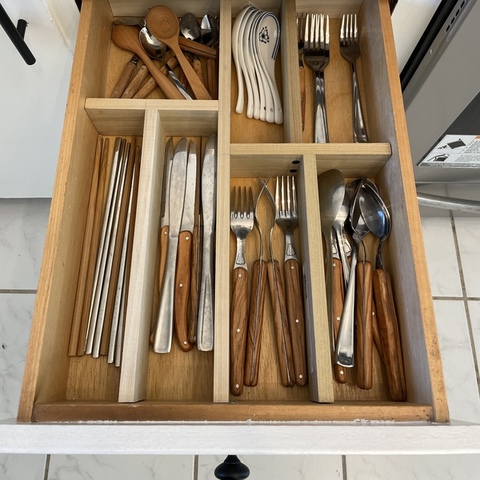If you're new to woodworking, here are some valuable tips to help you get started on your journey:
Learn by Doing: Rather than focusing solely on practicing individual techniques, strive to complete full projects. For example, if you want to learn how to cut a board, incorporate that skill into a small furniture project. This hands-on approach not only reinforces your skills but also provides a sense of accomplishment as you see your project come together.
Start Small: Begin with projects that you can realistically complete within a weekend. Avoid taking on ambitious projects that require a significant time investment, as this can lead to frustration and boredom. Starting small allows you to gain confidence and gradually tackle more complex projects as your skills improve.
Invest Wisely in Tools: When starting out, it's tempting to splurge on a wide array of tools. However, focus on acquiring the essential tools needed to get started. As you gain experience and identify specific needs, you can gradually expand your tool collection. Here are some basic tools to consider:
A quality handsaw or circular saw for cutting wood
A power drill with drill bits for making holes
A hammer and nails for basic assembly
A combination square for precise measurements
Sandpaper or a power sander for smoothing surfaces
Clamps to hold pieces together during assembly
By following these tips and gradually building your skills and tool collection, you'll be well on your way to becoming a proficient woodworker. Remember to enjoy the process and embrace the learning journey!
Good luck!



